Juba
I discovered a 1954 Morris Minor parked outside the Catholic mission station in Mopoi, South Sudan. The car had been there for so long that a guava tree was growing up through the gearbox. To me it was a tragic memorial to Daniel Comboni, the canonised 19th-century missionary who set out to ‘save Africa’ and whose followers built Mopoi. Just a year after that Morris Minor came off the production line, civil war erupted. Millions of deaths later, Mopoi was half-ruined, strangled by figs — though inside the church I found the votive candles still burning and the Blessed Virgin with a resigned expression, raising her hand as if she was about to say ‘nobody knows the trouble I’ve seen…’.
I visited Mopoi during the brief spell of peace South Sudan enjoyed sometime between the Economist cover story that notoriously dubbed Africa the ‘Hopeless Continent’ in 2000 and its 2011 label — ‘Africa Rising: the Hopeful Continent…’ I can’t get to Mopoi these days though. South Sudan returned to civil war just over a year ago, the investors have mostly vanished and hordes of aid workers are back on top. Their talk is more about ‘building resilience’ —avoiding mass death, in other words — than ‘Africa rising’.
Forgive me if I’m a bit down about the Hopeful Continent since I got back here. Across Africa there’s a growing suspicion that much of the optimism depended on stuff like high oil prices, which can vanish overnight. The other day I test-drove a Jaguar but couldn’t get up to full speed because the roads were potholed and thronged with slum shacks. Luxury cigars and £85,000 bottles of cognac are flying off the shelves across the continent — but there’s nothing good about the rise of oligarchs if what they’re doing is just screwing the poor. Is it any coincidence that there’s a suicide belt of insurgencies kicking off across the Sahel?
In the Nuba Mountains, north of the border from us now, Khartoum’s bombers are deliberately targeting civilian hospitals as I write. More than a decade after Darfur kicked off — and it’s still going on — Khartoum’s chief of operations recently declared, ‘We should attack them before the harvest and bombard their food stores…’ His colleague agreed, ‘We must starve them.’ But in the time of ‘Africa Rising’ the thought police are going to shut down anybody who is prejudiced enough to suggest ethnicity or religion are a problem — or even that there’s any bad news to broadcast.
I realise I’m contradicting myself because in everything I’ve written for a decade, I have oozed optimism. I was delighted South Sudan unshackled itself from Khartoum and I still am, because just about anything is better than that gang. But perhaps hopes were premature and they’ve suffered a setback. It’s just going to take longer than we thought, and I’ll still offer to fight anybody who says we’re a hopeless continent.
The establishment where I’m staying on the banks of the Nile is located between a cemetery and an abattoir. A year ago both were full and the odour floated around the surrounding streets. The smell has since subsided, perhaps because fewer people have been dying during a lull in the war, while the slaughterhouse closed its doors in the economic doldrums of the conflict. A crew of Russian helicopter pilots, who fly aid across burnt grasslands and swamps each dawn, are throwing a barbeque tonight. Veterans of crises from Somalia to Rwanda prop up the bar, tell war stories and vow they’ve had enough — but agree it’s going to be hard living a normal life after this. So-and-so has malaria. I’m handing out my business cards and feeling like an encyclopaedia salesman in the Inferno.
In a heroic attempt to keep our beers cold in the 113-degree heat, the hotel proprietors struggle to keep a bank of huge generators going day and night. Occasionally, one hears ghastly ripping sounds coming from within the bowels of the machinery and all the lights go out in the bar. There is silence but for the pye-dogs barking for their supper in the dust outside, then shouts of alarm and men covered in engine oil run back and forth with tools. Then the engines roar back to life in clouds of smoke. For some hours now the air has been filled with the level thrum of machinery and I just remarked to the manager that it’s like being on a ship making good headway. ‘For now,’ he says. ‘But sometimes it feels like we’re on a submarine and we have no idea where we are going!’
Got something to add? Join the discussion and comment below.
Get 10 issues for just $10
Subscribe to The Spectator Australia today for the next 10 magazine issues, plus full online access, for just $10.


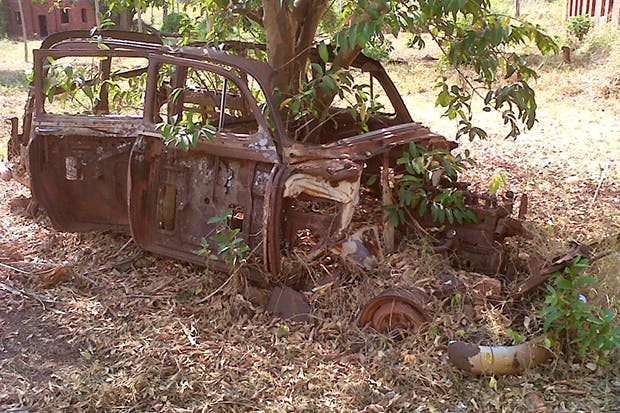
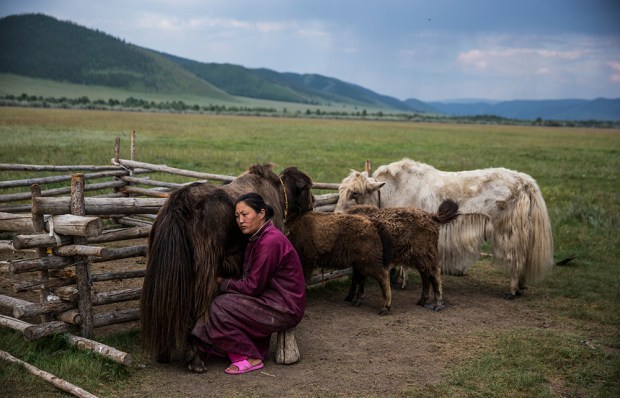
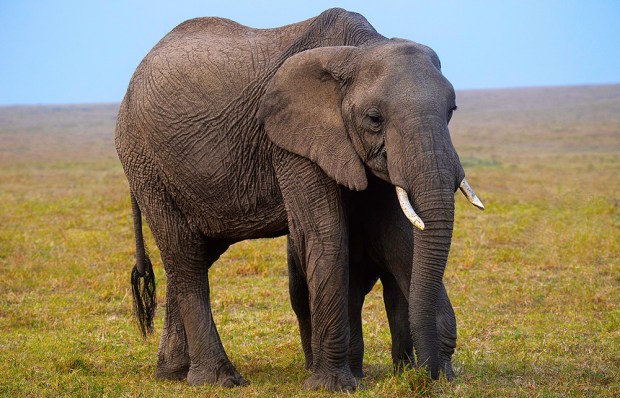
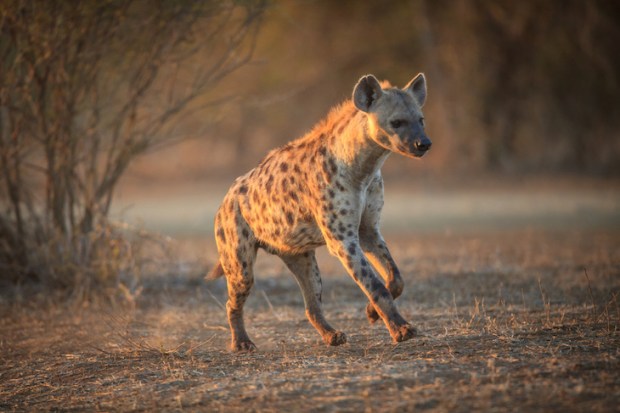
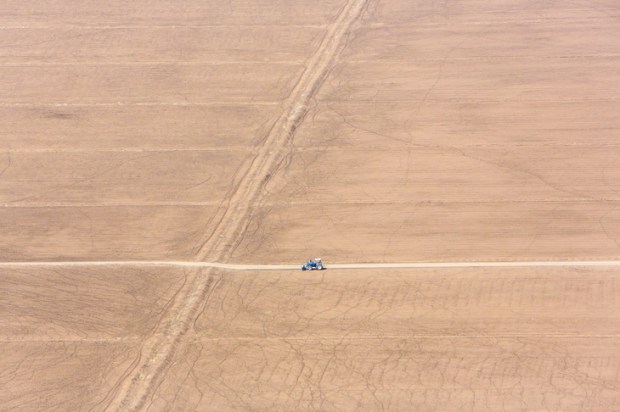
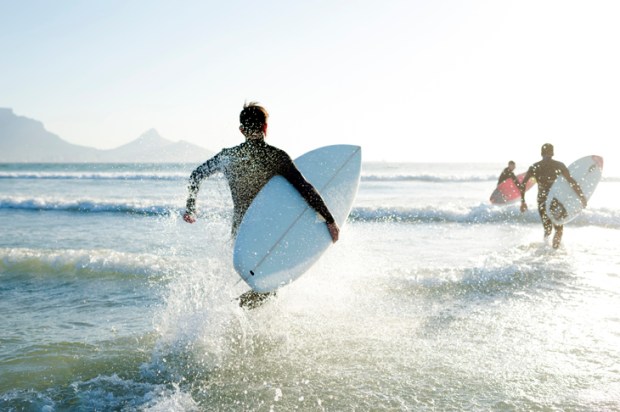
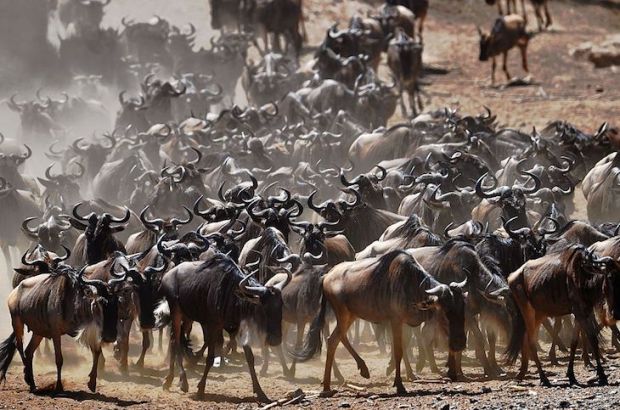






Comments
Don't miss out
Join the conversation with other Spectator Australia readers. Subscribe to leave a comment.
SUBSCRIBEAlready a subscriber? Log in